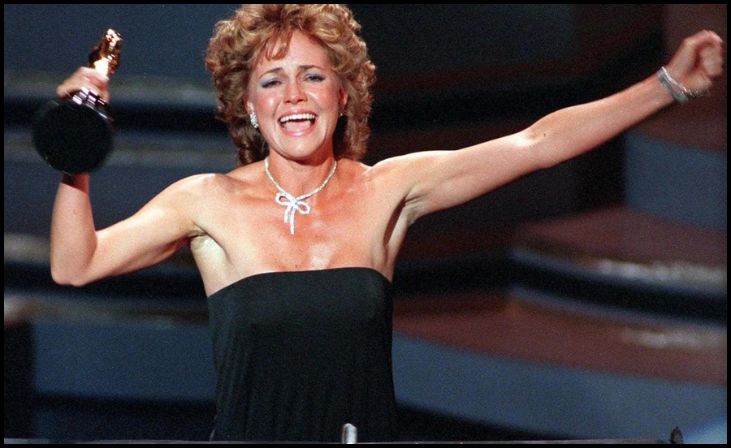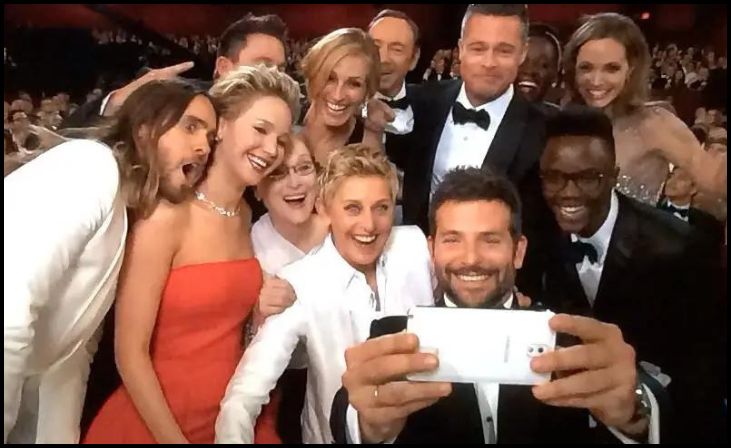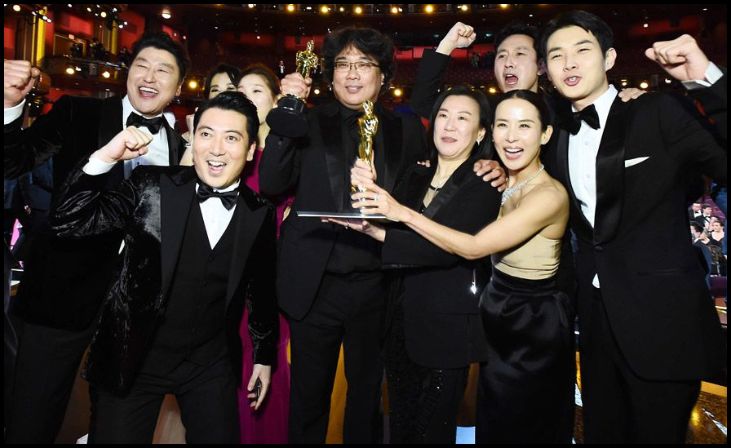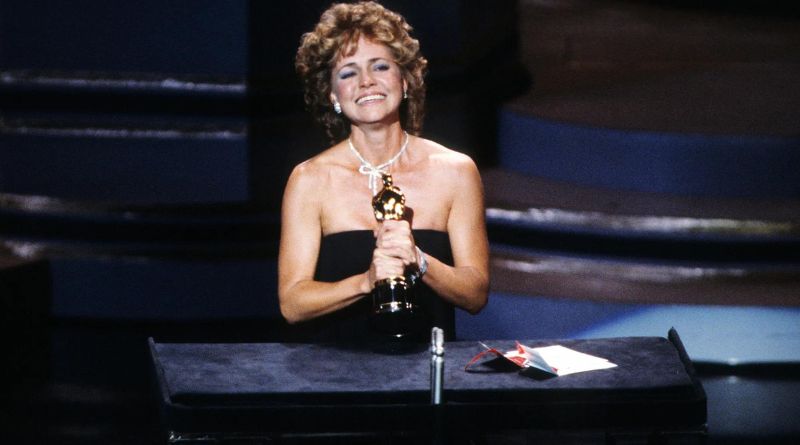The Academy Awards, commonly known as the Oscars, is a night filled with glitz, glamour, and unforgettable moments. Over the years, the Oscars have seen many iconic events that have left a lasting impact on the world of cinema and beyond. From historic wins to unexpected mishaps, let’s take a look at the seven most iconic moments in Oscars history.
Marlon Brando’s Refusal of the Best Actor Award
When Marlon Brando won the Best Actor award for his role in “The Godfather” in 1973, he made headlines not just for his performance, but for his bold political statement. Instead of attending the ceremony, Brando sent Sacheen Littlefeather, an Apache actress and activist, to decline the Oscar on his behalf. His protest was against Hollywood’s portrayal of Native Americans in film and television. This moment is remembered as one of the most powerful political statements in Oscar history, highlighting the potential of the platform to bring attention to social issues.
Sally Field’s Emotional Acceptance Speech

In 1985, Sally Field delivered one of the most memorable acceptance speeches in Oscar history. Winning her second Oscar for Best Actress for her role in “Places in the Heart,” Field famously exclaimed, “You like me! Right now, you like me!” Her speech was a genuine and emotional moment that resonated with many. It encapsulated the sheer joy and validation that comes with receiving such a prestigious accolade, and it has since been quoted and parodied in popular culture.
Roberto Benigni’s Joyful Celebration
In 1999, Roberto Benigni’s reaction to winning the Best Foreign Language Film for “Life is Beautiful” was nothing short of exuberant. Overcome with joy, Benigni climbed over chairs and jubilantly made his way to the stage. His unrestrained happiness and infectious energy captured the hearts of viewers worldwide. This moment stands out as a testament to the pure, unfiltered joy that comes with achieving recognition at the Oscars.
Halle Berry’s Historic Win
In 2002, Halle Berry made history by becoming the first African American woman to win the Best Actress award for her performance in “Monster’s Ball.” Her win was a groundbreaking moment for diversity and representation in Hollywood. Berry’s tearful and heartfelt acceptance speech acknowledged the significance of her win for women of color and the broader implications for the film industry. This historic victory remains a milestone in the ongoing journey toward inclusivity in cinema.
Ellen DeGeneres’ Star-Studded Selfie

The 2014 Oscars saw a lighthearted and modern twist when host Ellen DeGeneres took a selfie with a group of A-list stars, including Bradley Cooper, Jennifer Lawrence, and Meryl Streep. The photo quickly went viral, becoming the most retweeted image on Twitter at the time. This moment not only showcased the camaraderie among Hollywood stars but also highlighted the growing influence of social media in contemporary culture. It remains a fun and iconic snapshot from the Oscars.
The 2017 Best Picture Mix-Up
One of the most shocking moments in Oscars history occurred in 2017 when “La La Land” was mistakenly announced as the winner of the Best Picture award. The error was corrected moments later, revealing that “Moonlight” was the actual winner. The mix-up led to confusion and astonishment among the audience and viewers at home. This unprecedented mistake underscored the unpredictability of live television and became a significant moment in Oscar lore.
“Parasite” Makes History

In 2020, Bong Joon-ho’s “Parasite” made history by becoming the first non-English language film to win the Best Picture award. This win was a monumental achievement for international cinema and a testament to the universal appeal of storytelling. “Parasite” also won awards for Best Director, Best Original Screenplay, and Best International Feature Film. The film’s success at the Oscars marked a shift towards greater recognition of diverse voices and narratives in the global film industry.




